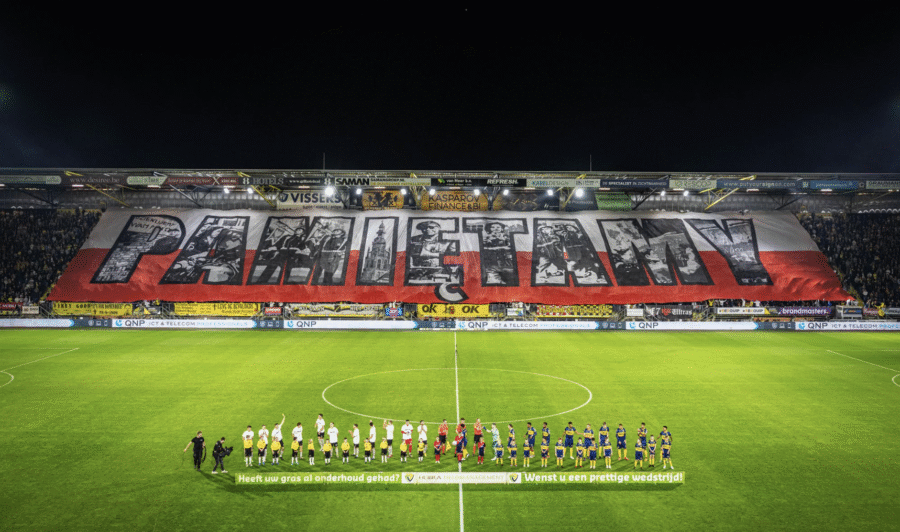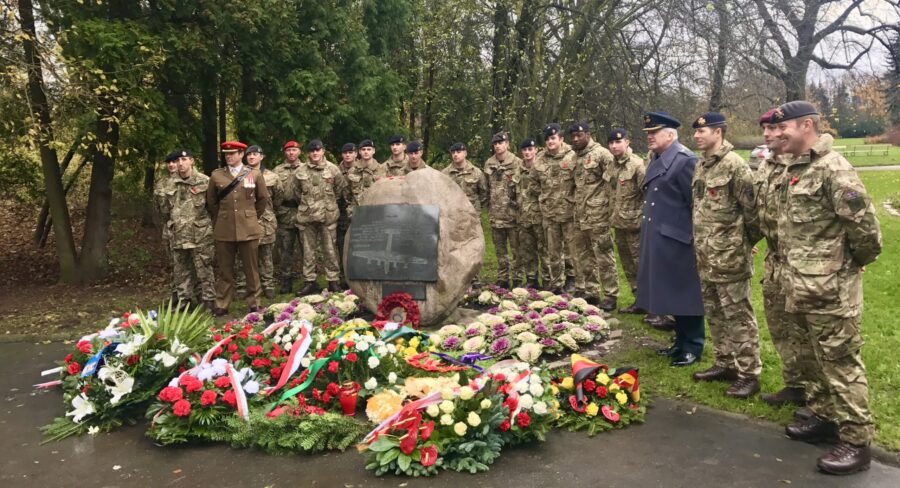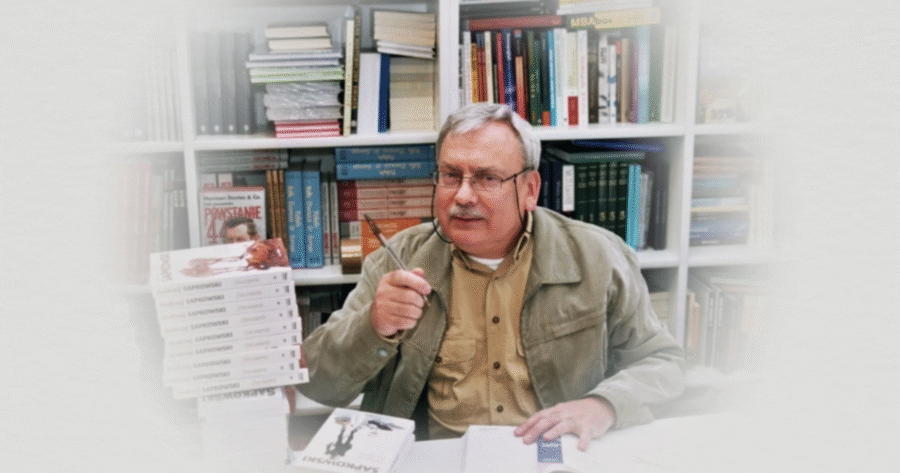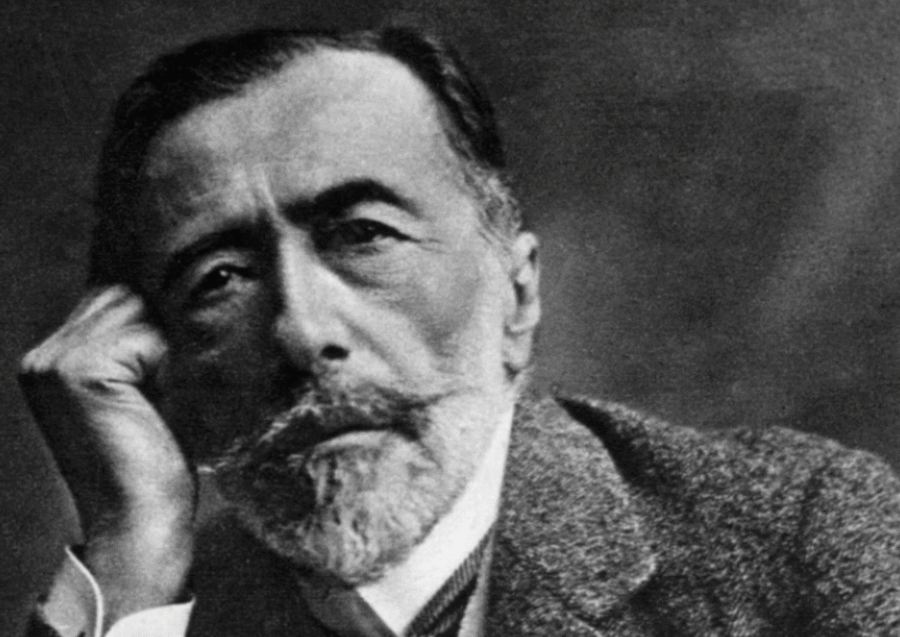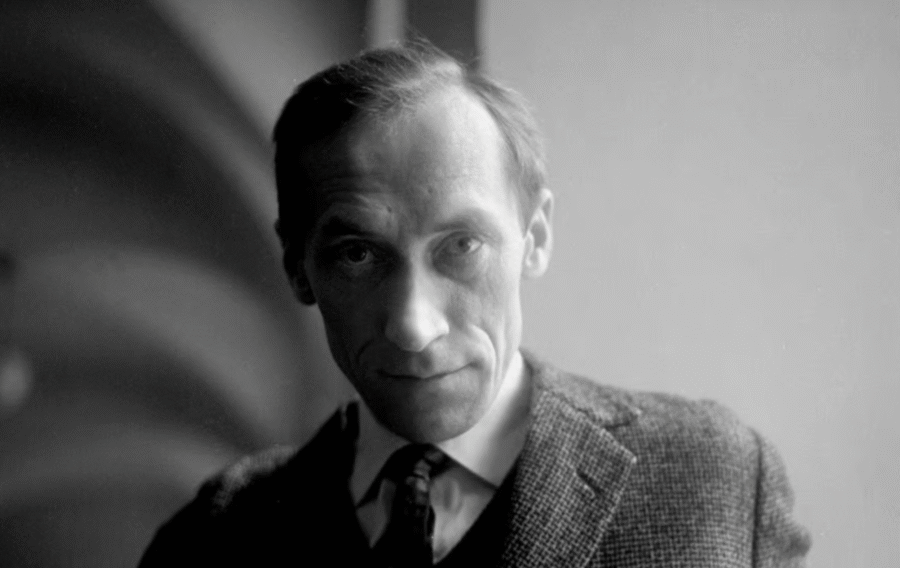Each year, on the final weekend of October, the people of Breda come together with visitors from across the globe to commemorate the city’s liberation by the 1st Polish Armoured Division. Among the guests are always representatives of the 11th Lubusz Armoured Cavalry Division and its subordinate units, who maintain this long-standing tradition of remembrance. The events of autumn 1944 created an enduring bond between Poland and the Netherlands, a connection reflected not only in the graves that dot Dutch cemeteries, but also in the sincere respect the Dutch continue to show for their Polish liberators.
Although the liberation of Breda was not among the largest operations on the Western Front, it stands out as a striking demonstration of General Maczek’s tactical brilliance. The city itself escaped major destruction, and its residents were spared heavy losses, yet many Polish soldiers paid the ultimate price. Each year, soldiers of the so-called Black Division honour their memory by visiting the cemeteries, where they lower their standards in a solemn salute to those who came before them.
Formed in February 1942 on the orders of General Władysław Sikorski, the 1st Polish Armoured Division became one of the most distinguished units of the Second World War. After rigorous training, it joined the 1st Canadian Army on the Western Front in 1944 and soon proved its mettle during the Battle of Falaise, where it helped seal off retreating German forces.
Led by the brilliant General Stanisław Maczek, the division advanced triumphantly through northern France, Belgium and the Netherlands, ending its campaign at the German naval base of Wilhelmshaven. “Fight bravely, but chivalrously,” Maczek urged his men in words that came to define the spirit of his troops.
General Maczek later recalled the liberation of Breda as a swift and masterful operation: the Polish attack caught the Germans unprepared, their counter-offensives collapsing one after another. By the evening of 29 October 1944, the city was liberated without major destruction, its medieval heart spared by the speed and precision of Polish manoeuvres. “It was a glorious, sunny Polish autumn day,” he remembered, “as we entered a city untouched by war.”
When peace returned, the hero of Breda found himself in exile in Britain, stripped of his citizenship and forced to take humble work in Edinburgh.
Yet history never forgot him. General Maczek lived to witness the rebirth of free Poland and now rests with his soldiers at the Polish Military Cemetery of Honour in Breda, which stands as a lasting symbol of courage, dignity, and gratitude between the two nations.
Source: Dzieje.pl, WP
Photo: X/@NACnl
Tomasz Modrzejewski


